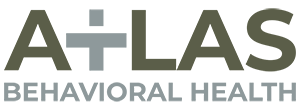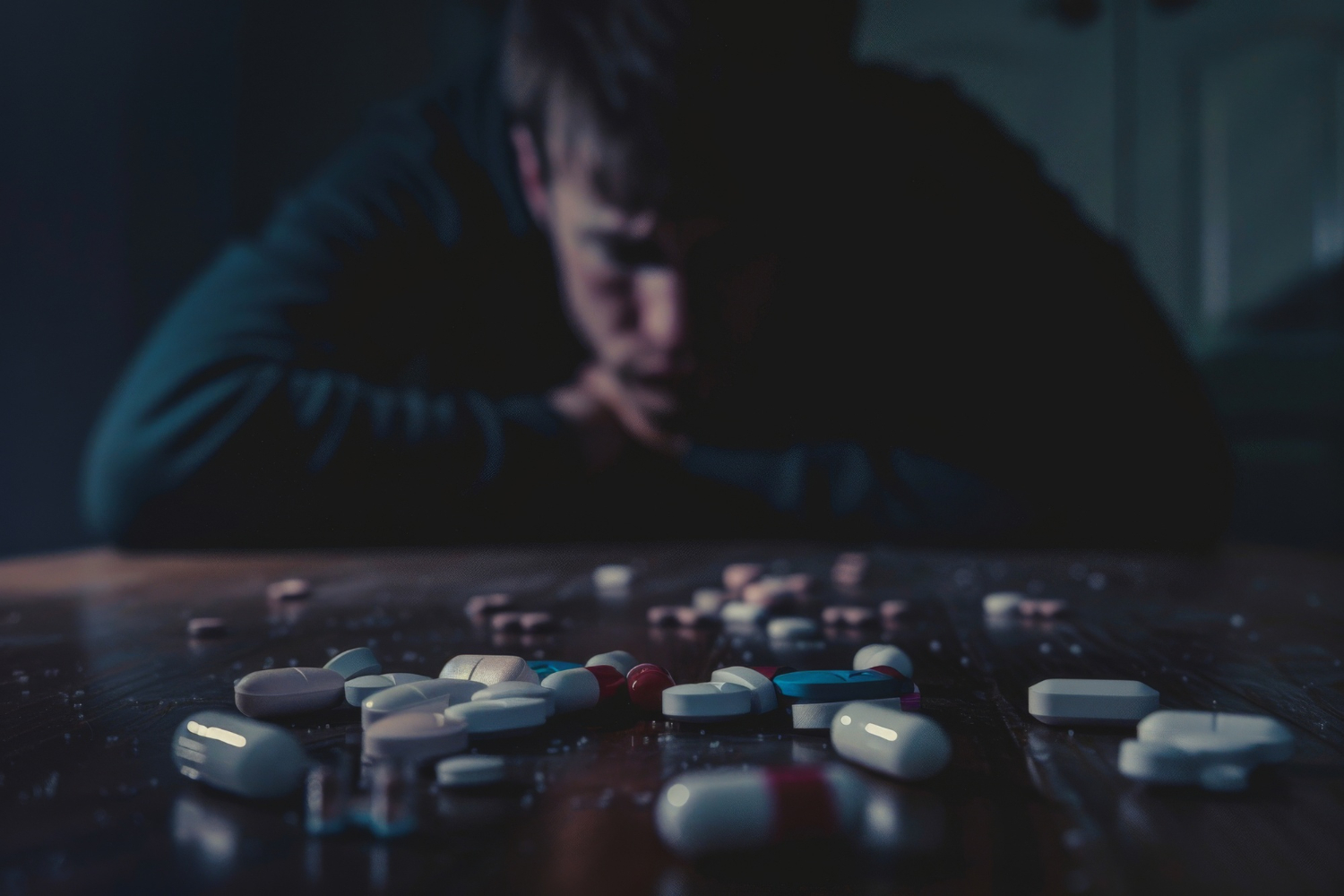Staying sober during the holidays isn’t always easy. Parties, pressure, and painful memories can make it tough. But you’re not alone in this. If you’re working on recovery, these holiday sobriety strategies can help you stay steady and strong. And if emotions feel too big to handle, it’s okay, embracing vulnerability in recovery can actually make you braver.
These 7 tips will guide you toward a peaceful, joyful season, without needing a drink to get through it.
What Is Sobriety and Why Does It Matter During the Holidays?
Sobriety means choosing to live without alcohol or drugs. But it’s more than just “not drinking.” It’s about being clear, calm, and in control of your choices, especially when things get tough.
During the holidays, staying sober can feel like swimming against the current. That’s why it helps to understand that sobriety isn’t a punishment, it’s protection. It gives you real joy, not just temporary relief.
For many people, embracing sober living as a lifestyle helps them heal mentally, emotionally, and physically, especially when life feels loud.
Who This Guide Is For
If you’re trying to stay sober this holiday season, this guide is made for you. Whether you’re in early recovery or have been sober for years, the holidays can still feel overwhelming. Even people who feel stable all year sometimes struggle when old memories, parties, or pressure show up.
In fact, many people don’t even realize they need help until this season brings everything to the surface. That’s why understanding if you might be dealing with addiction is such an important place to begin. No matter where you are in your journey, you deserve support and peace.
Why the Holidays Are Hard for People in Recovery
Let’s be honest, this time of year can be messy. From family tension to nonstop invites with alcohol everywhere, it can feel like everything’s working against your progress. Some people feel pressured to join the crowd. Others feel alone because they’ve chosen to step away from it.
And the truth is, signs of addiction or relapse often show up faster when emotions are high. That’s why it helps to know what the signs of alcohol abuse actually look like during this season. Recognizing the patterns is the first step toward breaking them.
Planning a Sober Holiday Calendar
Start with this: your peace matters more than your presence at every event. A simple calendar can help you map out what feels safe and supportive. Fill it with recovery meetings, restful nights, and even fun, sober activities, like movies, hikes, or baking with friends.
In the middle of all the chaos, it helps to plan for what’s next. Dry January is a great way to extend your progress beyond the holidays. Think of your calendar like armor; it doesn’t block the hard stuff, but it helps you face it feeling ready.
Strategy 1: Know Your Triggers and Name Them
Some people get triggered by crowded parties. Others by loneliness. And some by the sound of a cork popping. Triggers are anything that makes you feel like drinking again, so it helps to name them early.
You can write them down or talk through them with someone you trust. The goal isn’t to avoid all triggers, it’s to prepare for them. If you’re not sure where to start, exploring common relapse patterns during the holidays can help you spot your own.
Knowing what might trip you up makes it easier to step around it.
Strategy 2: Build Your Sober Shield (Boundaries + Exit Plans)
Not every invite is worth accepting. Some places drain you. Some people poke at your progress. And some events just scream danger zone. That’s why having a sober shield, a mix of strong boundaries and exit plans, is key.
Try this: set a time limit before you go. Text a friend to check in mid-event. Or plan a quick “I have an early morning” line to make leaving easy. If setting boundaries feels hard, just remember: choosing recovery over pressure is a sign of growth, not weakness.
Anxiety treatment can help you build the emotional tools to protect your peace — and hold it, even in uncomfortable moments
Strategy 3: BYOB: Bring Your Own Beverage (and Boundaries)
Showing up with your own drink might sound silly, but it works. When you walk in holding something non-alcoholic, people ask fewer questions, and you feel more in control. Sparkling water, mocktails, kombucha, it’s about choice, not pretending.
You can even make it festive: bring your own fancy glass, garnish, or blend of juices. This tiny move builds confidence. It also helps during group events like Sober September celebrations or mocktail parties.
You don’t need alcohol to toast to your joy.
Strategy 4: Stay Close to Your Support Network
Support is your safety net. Whether it’s a friend, a group, or a sponsor, staying connected during the holidays can keep you grounded. Don’t wait for a crisis, schedule check-ins ahead of time, especially before and after big events.
Even if you feel strong, a quick text or call can make all the difference. Recovery isn’t something you do alone. And if you’re still building your support circle, start by exploring why a good rehab team matters. Staying in touch with people who understand your path helps you walk it with more confidence.
Strategy 5: Start Your Own Traditions (Break the Old Cycles)
Old traditions might bring up old habits. If drinking was part of your holiday past, it’s okay to rewrite your story. You get to decide what this season looks like now. Try starting new traditions, like baking with family, volunteering, or hiking on Christmas morning. Cognitive Behavioral Therapy (CBT) can also help you reshape the way you respond to old triggers and build routines that reflect who you are today.
New doesn’t mean boring. It means intentional. You could even explore something expressive, like experiential therapy, to help you process your emotions in creative ways. Replacing old patterns with meaningful moments gives your brain something new to celebrate.
Strategy 6: Prioritize Mental and Physical Self-Care
Sleep, nutrition, and movement aren’t just good ideas, they’re part of your sobriety plan. When you’re tired or overwhelmed, cravings creep in. That’s why self-care isn’t selfish; it’s smart.
Check in with yourself daily. Are you Hungry, Angry, Lonely, or Tired? (That’s the HALT method, it works!) And if holiday sadness or mental fog shows up, support from a depression treatment center can make things feel lighter.
Take care of your mind and your body, both are carrying you through this.
Strategy 7: Progress Over Perfection: What If You Slip?
Slipping doesn’t mean you failed. It means you’re human. The key is to catch yourself with kindness, not shame. One rough night doesn’t erase all your progress.
If you do slip, pause. Breathe. Talk to someone. Reflect on what triggered you and plan how to handle it better next time. The most important thing is getting back up.
Therapies like Dialectical Behavior Therapy (DBT) can help you respond with resilience, not regret. Every step you take, especially the hard ones, shows strength. You’re not starting over; you’re starting wiser..
Common Myths About Sobriety and the Holidays
“You can’t have fun without drinking.”
That’s not true. Fun isn’t in the bottle, it’s in the moment. Sober laughter is real, deep, and way easier to remember.
“People will judge me if I don’t drink.”
Most people won’t even notice. And the ones who care? They’re not your people.
“One drink won’t hurt.”
For someone in recovery, it absolutely can. That “one drink” often leads to ten. It’s okay to protect yourself.
You might hear these myths at parties or even from family. That’s why it helps to have the right support system in place, people who get it, not people who pressure.
Real Stories: How Others Stayed Sober Through the Holidays
You’re not the first to face this, and you’re not alone. Many people have walked through holiday pressure and stayed sober. Some found strength by texting a friend when cravings hit. Others shared that processing old emotions through EMDR therapy helped them open up and stay strong.
One person replaced their holiday wine with sparkling juice and still made a toast. Another left a party early and felt more peace than they had in years. These aren’t fairy tales, they’re proof that sobriety and joy can go hand in hand.
You have a story too, and it’s still being written.
What to Do If You Feel Overwhelmed
Overwhelmed? That’s okay. The holidays can be loud, messy, and full of pressure. If you feel it creeping in, pause. Step outside. Text someone. Breathe in slowly and count to four, then breathe out.
You don’t need to fix everything right away. Just handle the next right thing. Grounding exercises, journaling, or even a quiet walk can help reset your mind. If it feels like too much, remember: support is always available. Whether you’re dealing with anxiety, cravings, or burnout, a mental health facility for depression might offer more help than you think.
It’s not weak to reach out, it’s wise.
FAQs About Holiday Sobriety
Q: What if people ask why I’m not drinking?
You can say, “I’m taking care of myself this year,” or “I feel better without it.” You don’t owe a long explanation.
Q: Can I still go to parties?
Yes, but bring a plan. Your drink, a time limit, and an escape route. If it feels unsafe, it’s okay to say no.
Q: What if I already relapsed once this season?
It’s never too late to reset. Learn from it and move forward. For support and structure, consider a drug rehab program that understands holiday triggers.
Q: How do I deal with loneliness?
Connection matters. Reach out to your support system or explore recovery-focused programs that help you rebuild community.
Conclusion
You don’t need alcohol to enjoy the holidays, you need presence, peace, and people who respect your growth. Sobriety isn’t about missing out. It’s about showing up fully for yourself, without fog or regret.
Every clear morning, every confident “no,” every moment of joy you feel without drinking, that’s power.
You deserve holidays that feel safe and meaningful. To keep growing on your journey, experiential therapies can help you explore new ways to connect, heal, and thrive.
Your peace is the real celebration. Keep choosing it, one day at a time.






